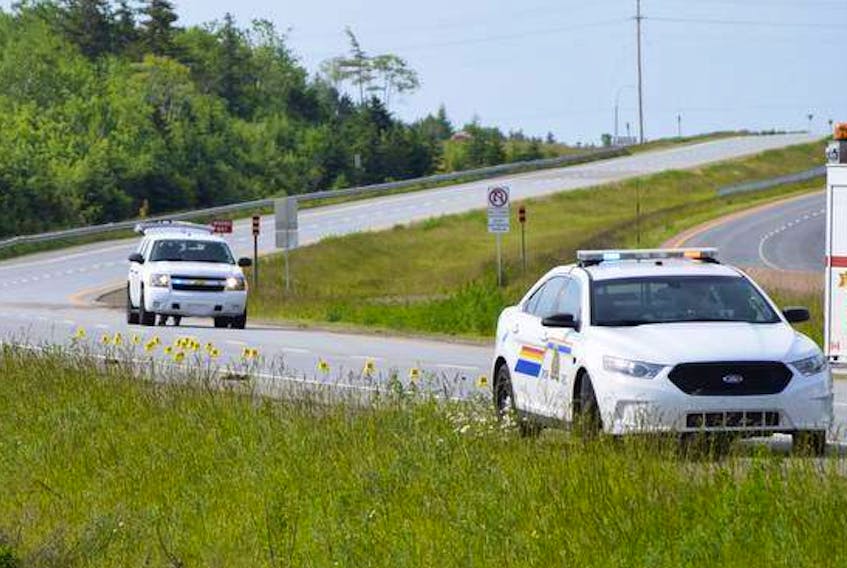NOVA SCOTIA - The death toll on Nova Scotia highways seems poised to increase for the first time in six years.
As of Aug. 13, 40 people have died on the province’s roads this year in 37 fatal crashes.
There were 48 deaths in all of 2017, matching 2016 for the lowest total since records started being kept in 1948.
Last year there were 28 fatalities by Sept. 23.
At least six people have died since Aug. 1. Four of those have been motorcyclists within a one-week period.
RCMP spokesman Cpl. Dal Hutchinson said that while the motorcycle number is startling, the causes of those crashes varied, and there isn’t anything that jumps out as an issue to focus on.
“The contributing factors that I’m aware of were different in each one,” he said.
Hutchinson said there appears to be an increase in the number of motorcycles on the road, and with that riders and other motorists need to be even more aware and alert.
Six motorcyclists have died in 2018, one more than all of last year.
“The majority of people operating motorcycles are very respectful of the rules of the road and try their best to be visible,” he said. “But you see the odd one… travelling at an extremely high rate of speed.”
Six pedestrians have died so far this year, and two fatalities have involved all-terrain vehicles. All other deaths have been the occupants of cars, trucks and tractors.
Hutchinson said the increased rate of fatalities this year is concerning to police, and part of the reason could be increased traffic volumes and more people on the highways.
“With that, you still have those who tend to speed when they shouldn’t, those who don’t wear seatbelts, and those who still use their phones while driving,” he said.
Those issues, along with impaired driving, continue to be factors in the majority of fatal crashes.
“In speaking with our collisions analysts, one of the things that’s really standing out for them this year is lack of seatbelt usage,” Hutchinson said. “That’s something they’re seeing as a contributing factor to a lot of the serious injury and fatal crashes that they go to.”
He said police continue to crack down on people who don’t buckle up. In June, RCMP in Halifax County, and with the southeast traffic services unit, ticketed 162 people for not wearing seatbelts.
“It’s frustrating when we see people still choosing not to wear their seatbelts,” Hutchinson said.
“There’s no excuse for it. (The law) has been there for years.”
He said one encouraging statistic this year is the number of serious injury crashes, which stands at 89 in areas covered by RCMP. In 2017 there were 186 such collisions.
“Hopefully that (drop) will continue,” he said.
The number of highway fatalities hasn’t been more than 100 since 1997. The closest it came was 99 in 2007.
The numbers dropped yearly from 2007 to 2011, before increasing to 83 in 2012. They have not increased since then.
The highest number of fatalities recorded was 277 in 1973.









